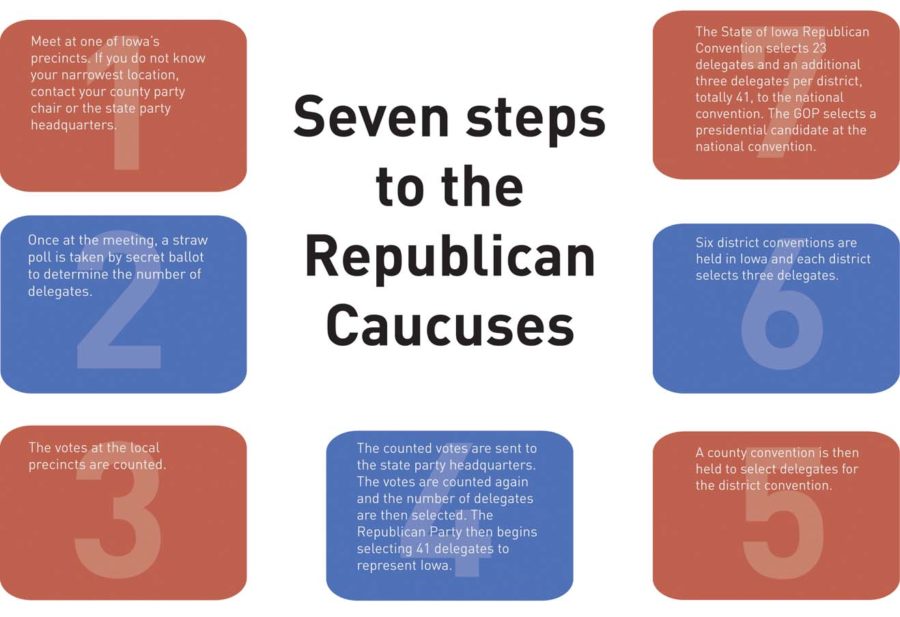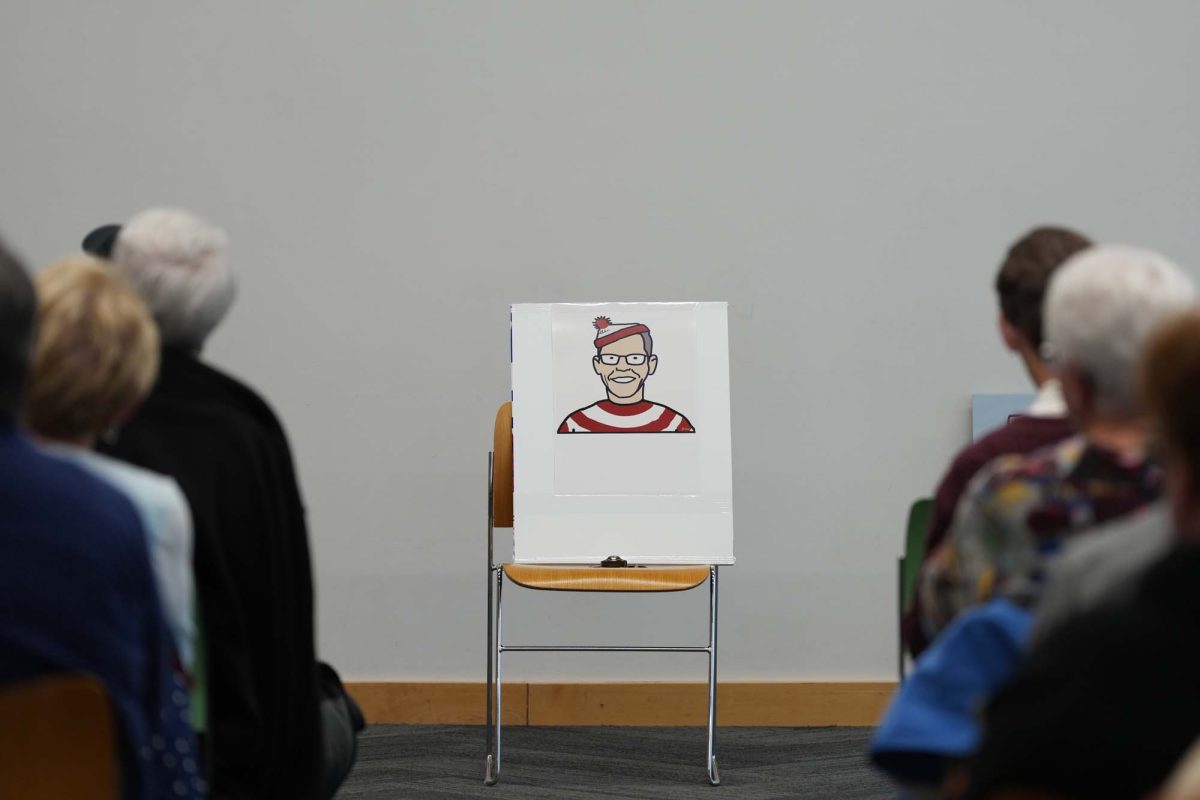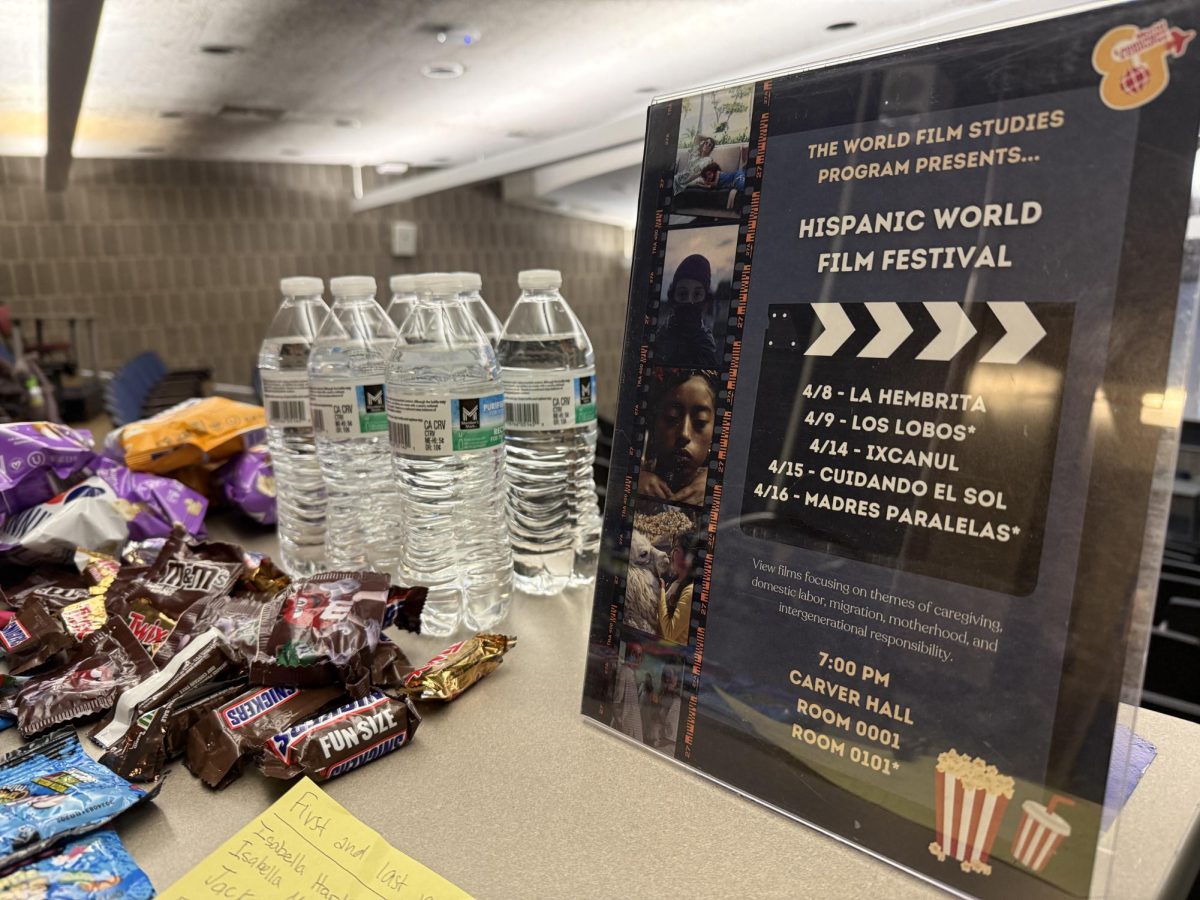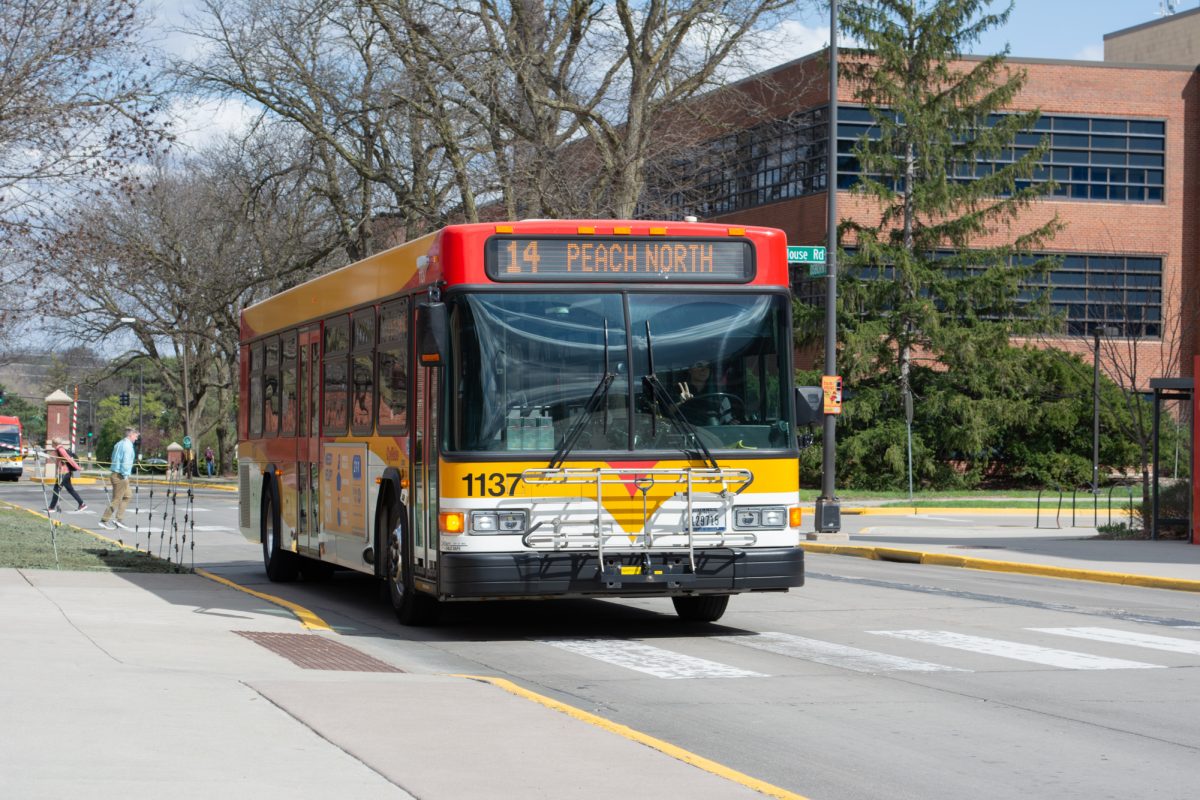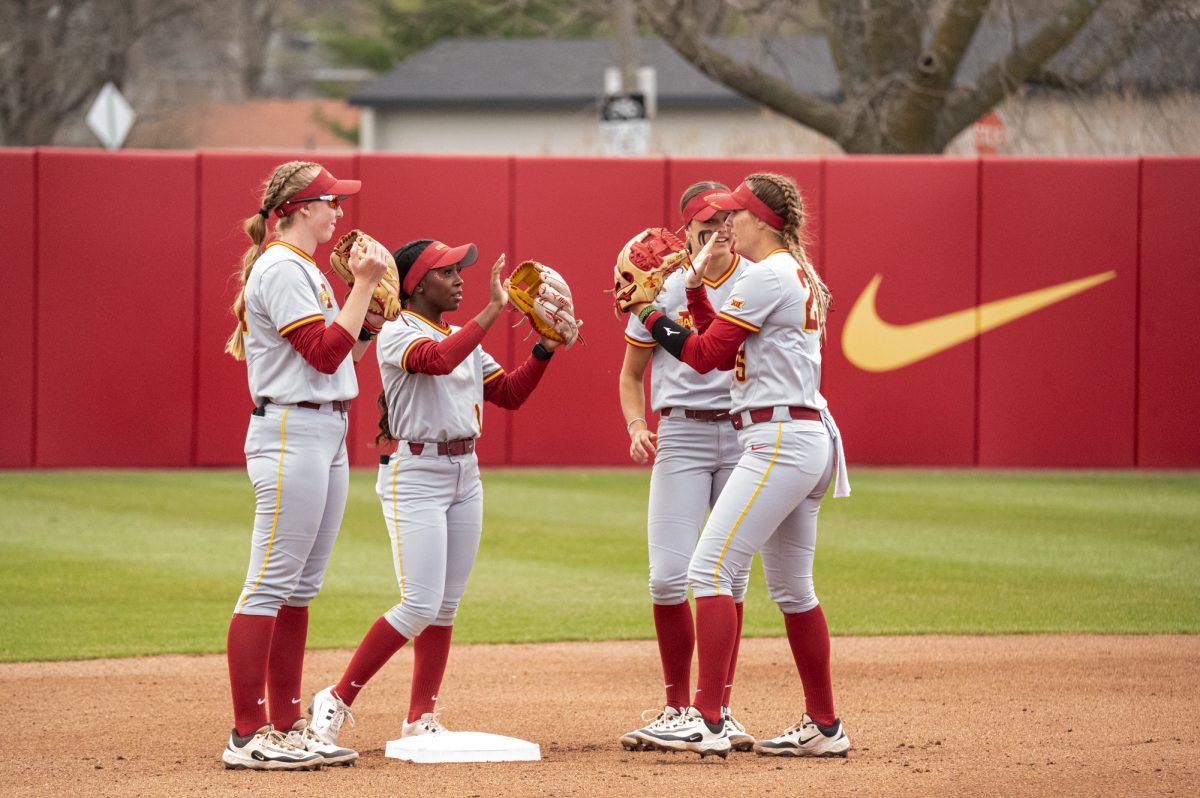As caucuses approach, Iowans prepare for voting
Graphic: Kelsey Kremer/Iowa State Daily
Iowa Caucuses are considered the first-in-the-nation step to selecting a presidential candidate.
December 12, 2011
As finals descend this week, the ISU student is transitioning between anguish over tests and relief that they are almost over. This phenomenon gets to the best of students, but there is still something to look forward to: the Iowa Caucuses. With less than a month before the Iowa Caucuses are to be held on Jan. 3, 2012, it is important that every student be given the correct information on what the caucuses are, why they are important and how they can participate.
The Iowa Caucuses are the first-in-the-nation step to selecting a presidential nominee for both the Republican and Democratic Parties. In the months that lead up to the Jan. 3 date, prominent presidential candidates, in this case Republicans, will spend substantial amounts of time and money in the state of Iowa trying to convince Iowa voters why they should be their party’s nominee to run for president against Barack Obama in 2012. Through a series of debates, polls, campaigning, ads and phone calls, each candidate hopes that their efforts will motivate enough supporters to attend the caucus on Jan. 3 to vote for them.
“The Iowa Caucus is important in the presidential nomination process because it is able to weed out nonviable candidates from the rest of the field,” said David Peterson, associate professor in political science. “Students are especially important because they are able to set someone up to succeed or to fail. … They can give someone like Ron Paul a strong lift.”
On the evening of Jan. 3, every registered Iowa Republican or Democrat over the age of 18 will be able to attend their local precinct caucus to vote for their favorite candidate. The Republican Party has yet to release the locations of its precincts in Ames — Iowa State will keep students updated on status of locations — but the Democratic Party has announced that they will hold their caucus 3 at 5:30 p.m. in the Ames High School cafeteria. From there, the voting begins.
Democrats and Republicans have different ways of conducting their caucuses, but overall, the outcome is the same. For Republicans, who will actually be selecting from more than one candidate this year, they will attend their designated local precinct caucus and vote by secret ballot for their favorite presidential candidate. Votes will then be sent to the Republican Party headquarters where the popular vote for the entire state will be calculated and reported to the media, which quickly announces a winner for the state.
At the same time, delegates from local precinct caucuses attend county conventions where delegates are again selected to attend district and then the state convention where Iowa will formally select a winner and send delegates to represent Iowa at the national convention later in the year where a presidential nominee is formally chosen.
Iowa State students can easily participate in the caucuses whether they are in Ames or back home, as long as they are members of their respective party. If students choose to stay in Ames, they will be able to find out soon enough the location of their local precinct caucus around campus, attend and vote without any issue. The same is true for students who go home and attend their own local precinct caucuses.
“There’s still a lot of volatility left in the race,” said Dianne Bystrom, director of the Carrie Chapman-Catt Center. “And if students want their voices heard, then they need to show up and vote.”
Young voters tend to get overlooked by many candidates during the campaign process, but more recently the young vote is becoming more and more important as many students and young people feel that the downed economy will have a real impact on their futures. This is why it is so important that Iowa State students participate in the caucuses and then vote in the general elections next November.
“Young voters always seem to be excited to vote, but nobody really believes that they will show up,” Peterson said.
Drawing on that, it needs to be said that this is a time when young voters can prove everyone else wrong and make a difference. And that difference can start right here at Iowa State where students may participate in the democratic process and actually make a difference in their government.
“There seems to be a disconnect between young people and the rest of the electorate,” Bystrom said. “But what young people need to realize is that their votes count, and they should be out there demanding that their voices are heard.”


